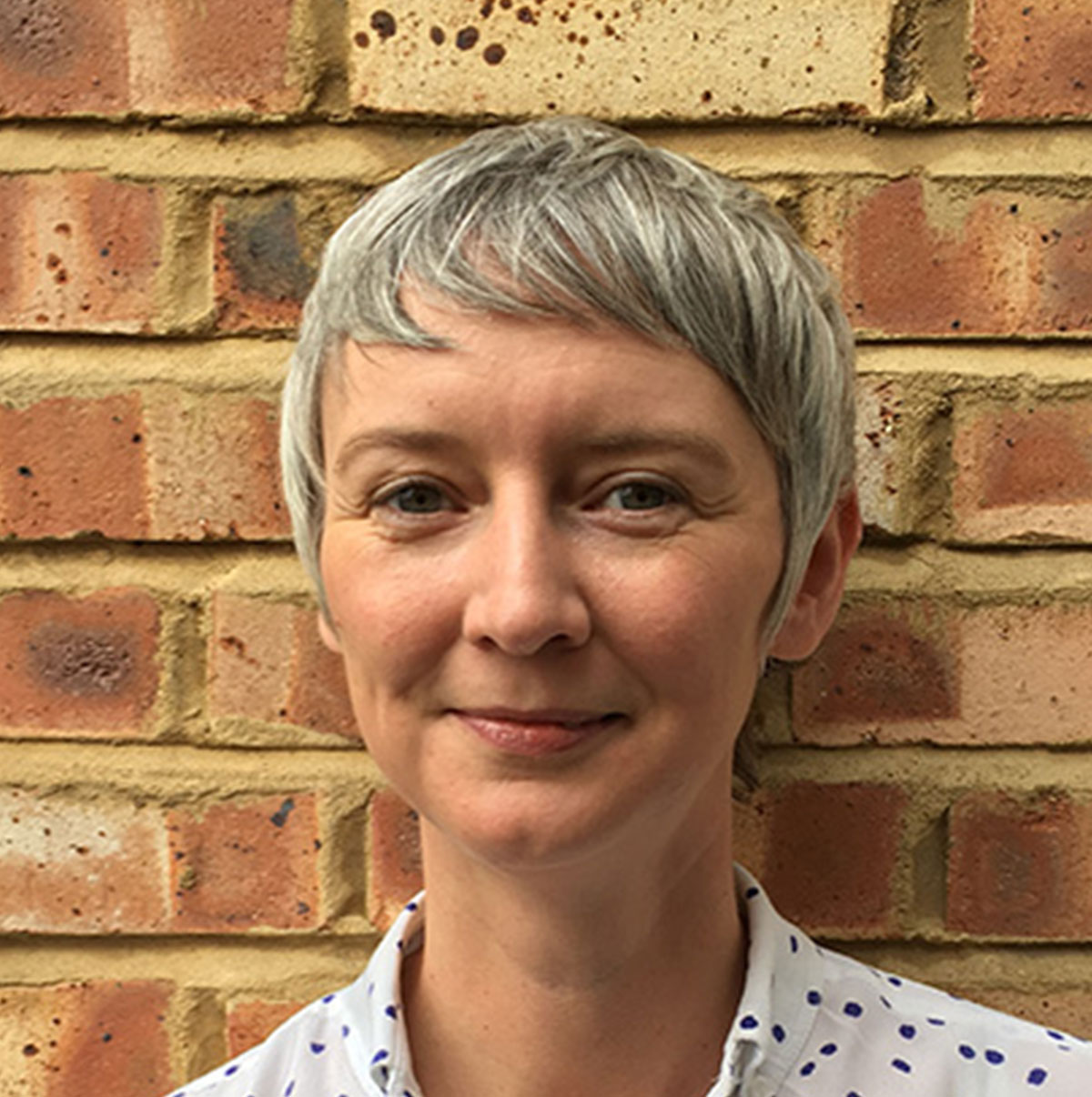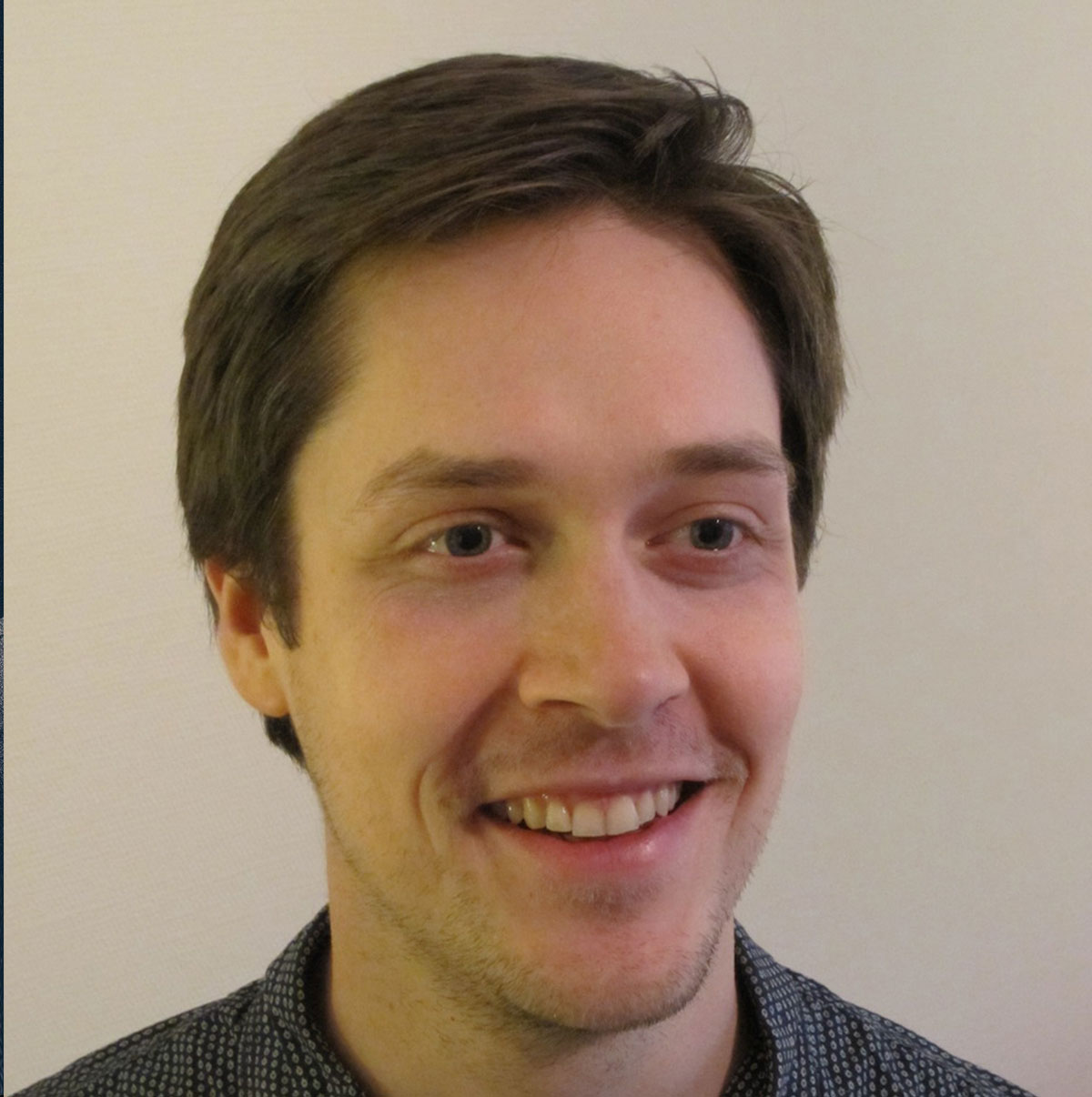Välkommen:
Conference:
Thursday, 28 Sept.
'Time and life can not be halted. Where we make a start, an end will follow. Both have the power to influence our perception of the world as an individual and as a society.
In service design practice the “blueprint” is not only an arrival point or final deliverable: it condensates the different phases of a user experience, the elements that are part of it and all the activities that are needed to make it work.
From categorisation to content modelling, this four hour workshop will cover the fundamentals of information architecture. Using lots of real world examples, you will leave with an understanding of both the theory, along with the practical methodologies needed to get started.'
'Whether you call it discovery, strategy, requirements, research, or inception, the first 20% of a design project can make or break it.
Stephanie Akkaoui-Hughes is a world renowned architect and speaker with a distinctive vision and voice. She believes that the most sustainable forms of innovation emerge at the intersection of different fields. Her speeches, workshops and keynotes encourage interaction and innovation, transform approaches and provide for actionable tools.
'The two Houses (Commons and Lords) are largely autonomous, as are many of the offices inside the Houses. Many of Parliament’s current systems have evolved separately over years, digitising processes in isolation.
The ‘internet of things’ moves technology out of our hands and into the environments we inhabit. Rather than devices which constantly demand our attention, technology can be embedded everywhere yet goes largely unnoticed until called upon; present but at the periphery of our attention for most of the time. This creates a new relationship between us, the environments we inhabit and the technology in those environments.
Why do municipalities generally involve stakeholders in urban development projects? Because protocol dictates this needs to be part of the process. Gathered input often lacks quality and is not representative of the crowd it actually should represent. We decided this needed to change. For our work on an urban development project, we put all stakeholders first. Through both digital and physical encounters, we visualised the future.
Most of today’s successful companies are what Dave Gray and Thomas Vander Wal call “Connected Companies”: companies that are “deeply engaging with workers, partners, and customers, changing how work is done, how you measure success, and how performance is rewarded. It requires a new way of thinking about your company: less like a machine to be controlled, and more like a complex, dynamic system that can learn and adapt over time”.
In this talk, you’ll learn how skyscrapers get built and apply these lessons to become a better design leader. Alissa Briggs, Head of Design at the world’s #1 mobile construction app, will share how she transformed designers into leaders, double the size and impact of the design team, and create a user-centric company culture.
We speak to each other in text threads. We filter and skim, copy, modify, forward and share bits and pieces in chat bubbles. We speak to machines, and they speak back to us. We ask them for help, and they suggest and predict. They adopt to our habits and live changes, as we feed them with what we think, how we feel and what we do. As we and they adopt, machines shift from being objects and tools, and become assistants and agents. If our new behaviour and communication patterns start to resemble oral cultures, what does it mean for Information Architecture?
Empowering People with Osteoarthritis to Find Products and Tips Through a Digital System of Information Finding
Come Closer, I’ll show You What I See! VR and the Next Level of Social Communication
Tips from an IA Newbie: 7 Things I Learned
About EuroIA
EuroIA is the leading Information Architecture (IA) and User Experience (UX) conference for Europe.
EuroIA has travelled through Europe over the years: Brussels, Barcelona, Rome, Berlin, Paris, Prague, and most recently, in Amsterdam. In 2017 will be in Stockholm for the first time. Learn more about EuroIA.
EuroIA is organised by volunteers all around Europe, with three co-chairs, an active committee and over 35 country ambassadors. Find out who is who at EuroIA.
Välkommen in Stockholm
EuroIA goes to Stockholm, the Capital of Scandinavia, one of the most connected, environmentally friendly and creative cities in the world.
EuroIA 2017 will take place at Elite Hotel Marina Tower, situated in a historic mill on the waterfront, only a few minutes from the city centre.
Elite Hotel Marina Tower Stockholm,
Saltsjöqvarns kaj 25,
131 71 Nacka,
Sweden.
+46 8 555 702 00
We are still looking for sponsors to make EuroIA 2017 a truly great conference. Sponsoring details






















